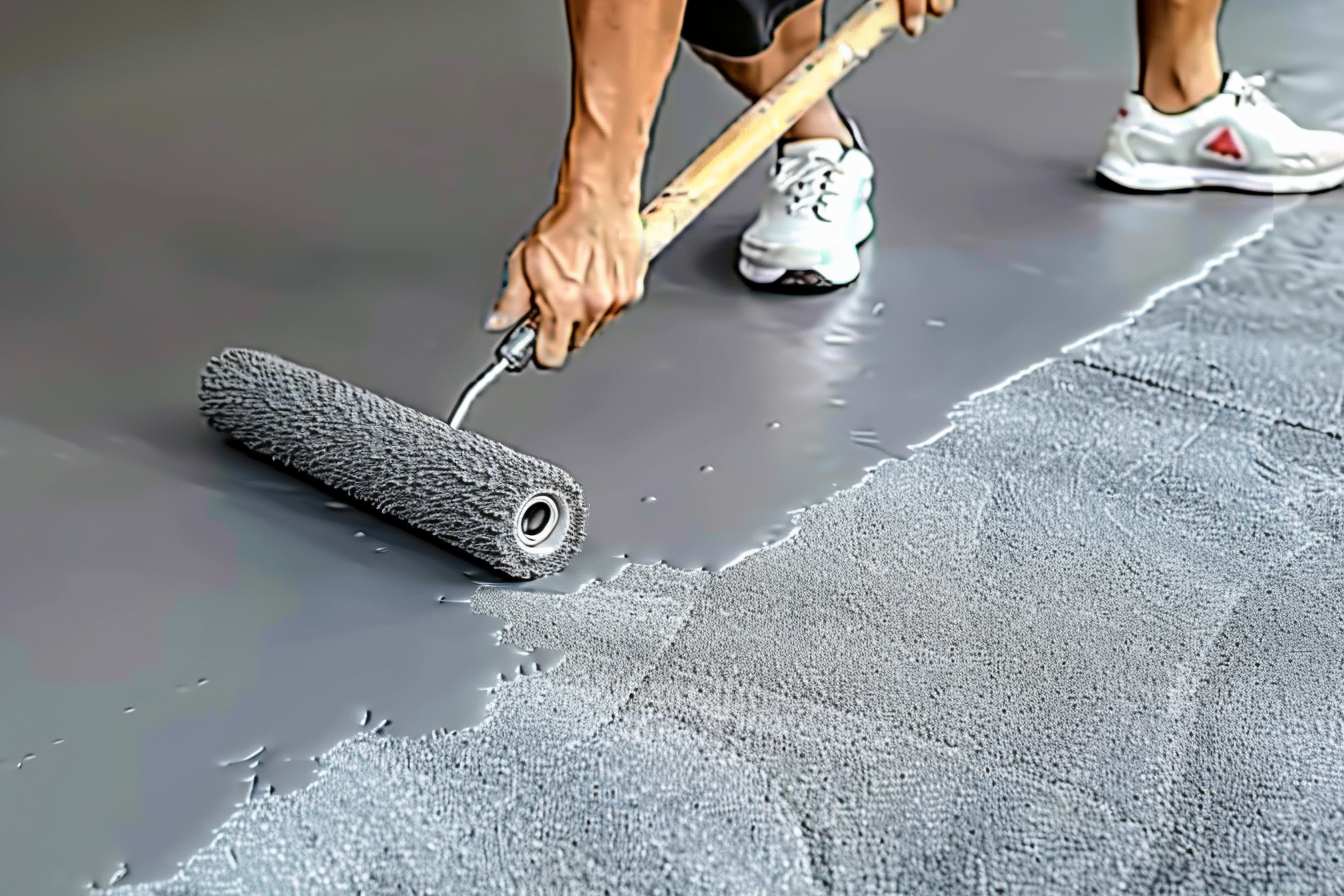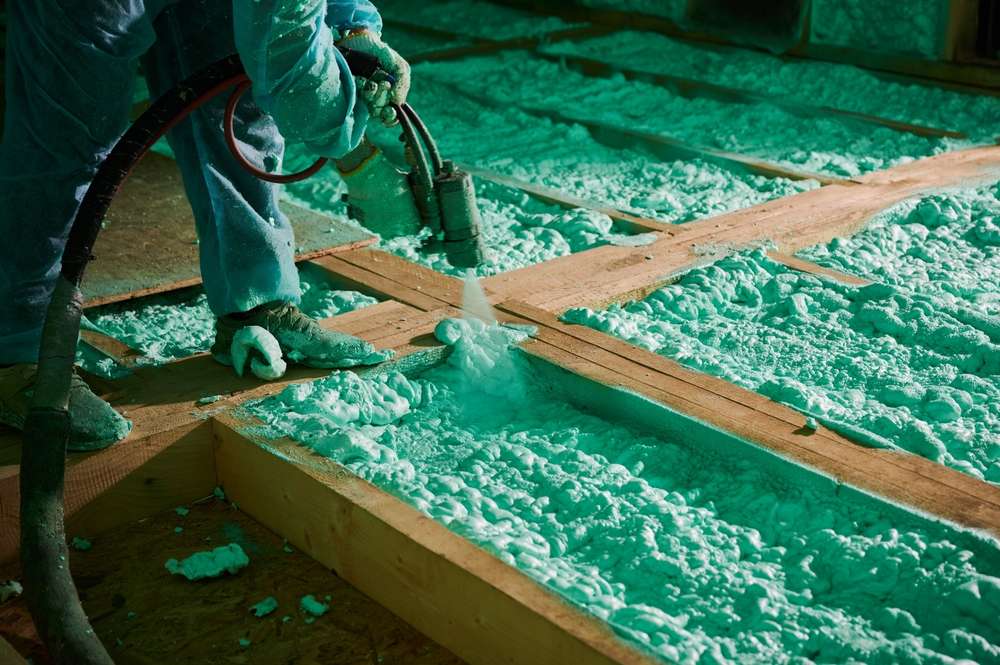Options for Durable and Stylish Floor Protection
Transforming your garage floor with a specialized coating can dramatically improve both its functionality and appearance. From protecting against stains and chemicals to enhancing the overall look of your garage space, modern floor coating options offer homeowners a range of benefits. Understanding the different types available helps you select the right solution for your specific needs and budget.

Garage floor coatings represent one of the most impactful upgrades you can make to your home’s garage space. Beyond simply improving aesthetics, these specialized treatments provide crucial protection against oil stains, chemical spills, moisture damage, and everyday wear. The right coating can transform a dull, stained concrete floor into a clean, professional-looking surface that’s easier to maintain and significantly more durable. With various options available on today’s market, homeowners can select coatings that match their specific requirements for durability, appearance, installation time, and budget constraints.
Epoxy Coatings for Garage Floors
Epoxy coatings have become a popular choice for garage floors due to their exceptional durability and attractive finish. These coatings consist of a two-part system—a resin and a hardener—that chemically bond when mixed and create an extremely tough surface when cured. The resulting finish can withstand heavy vehicle traffic, resist chemicals like oil and gasoline, and provide a seamless, high-gloss appearance that brightens the entire garage space.
Professional-grade epoxy coatings typically last 15-20 years with proper maintenance, making them a long-term investment in your property. They can be customized with color flakes or metallic additives for a decorative touch. However, epoxy does have limitations—it requires thorough surface preparation, has temperature-sensitive application requirements, and can yellow when exposed to UV light over time. Installation typically takes 3-4 days including curing time, during which the garage cannot be used.
Polyurethane Coatings: A Flexible Choice
Polyurethane coatings offer excellent flexibility compared to epoxy, making them less prone to cracking when the concrete underneath shifts or settles. This flexibility makes polyurethane particularly valuable in regions with significant temperature fluctuations or in garages built on less stable ground. Additionally, polyurethane provides superior resistance to UV rays, preventing the yellowing that can affect epoxy coatings in garages with significant sunlight exposure.
These coatings are often applied as a topcoat over epoxy to create a system that combines the best attributes of both materials—the bonding strength and thickness of epoxy with the flexibility and UV resistance of polyurethane. The resulting surface offers excellent resistance to chemicals, abrasion, and hot tire pickup (when hot tires can pull up floor coatings). Polyurethane coatings also dry faster than epoxy, which can reduce installation time and get your garage back in service more quickly.
Acrylic Coatings: Cost-Effective and Versatile
For homeowners seeking an economical solution with reasonable performance, acrylic coatings present an attractive option. These water-based sealers penetrate the concrete surface to provide protection without significantly changing the appearance of the original floor. Acrylic coatings can be either clear or tinted and offer moderate resistance to stains, UV damage, and light chemical exposure.
The application process for acrylic coatings is straightforward—they can often be rolled on like paint and dry relatively quickly. Most acrylic products allow for same-day use of the garage, making them convenient for homeowners who can’t afford extended downtime. While not as durable as epoxy or polyurethane systems, acrylics can be reapplied every 1-3 years as needed, making them a manageable maintenance option for budget-conscious homeowners or those in rental properties.
Polyaspartic Coatings: Fast and Durable
Polyaspartic coatings represent the newest technology in garage floor protection, offering remarkable installation speed combined with excellent durability. These coatings can be applied and fully cured within 24 hours—sometimes even allowing same-day vehicle traffic—making them ideal for homeowners who need minimal garage downtime. Unlike epoxy, polyaspartic formulations can be applied across a wide temperature range, including colder conditions that would prevent successful epoxy installation.
The rapid curing time doesn’t compromise performance; polyaspartic coatings provide excellent resistance to chemicals, abrasion, UV light, and impact damage. They maintain flexibility while offering hardness comparable to epoxy systems. The main drawback is cost—polyaspartic coatings typically represent the highest price point among garage floor coating options, and their rapid cure time means installation must be handled quickly and precisely, usually requiring professional application.
Concrete Stains: An Artistic Approach
For homeowners seeking a more decorative approach to garage floor treatments, concrete stains offer an artistic alternative to traditional coatings. These products penetrate the concrete surface and create permanent color through chemical reactions (acid stains) or through acrylic particles that lodge in the concrete pores (water-based stains). The result is a variegated, mottled appearance that can resemble natural stone, leather, or marble.
Concrete stains don’t provide the same level of protection as dedicated coatings, so they’re typically sealed with a clear topcoat of urethane or acrylic sealer after application. This combination creates a floor with unique visual appeal while still offering reasonable resistance to staining and wear. Stained concrete works particularly well in garages that double as entertainment spaces or in homes where the garage aesthetic is considered an extension of the interior design scheme.
Garage Floor Coating Comparison and Pricing
When selecting a garage floor coating, understanding the cost implications helps in making an informed decision that balances budget constraints with performance requirements.
| Coating Type | Average Cost (Materials + Professional Installation) | Durability | DIY Friendly | Cure Time |
|---|---|---|---|---|
| Epoxy | $3-$12 per sq ft | 15-20 years | Moderate | 3-4 days |
| Polyurethane | $2-$5 per sq ft (as topcoat) | 10-15 years | Low | 1-2 days |
| Acrylic | $1-$3 per sq ft | 1-3 years | High | 4-8 hours |
| Polyaspartic | $5-$15 per sq ft | 15-20 years | Low | 24 hours |
| Concrete Stain | $2-$4 per sq ft (plus sealer) | 5-10 years | Moderate | 24-48 hours |
Prices, rates, or cost estimates mentioned in this article are based on the latest available information but may change over time. Independent research is advised before making financial decisions.
The investment in a quality garage floor coating typically pays dividends through increased home value, reduced maintenance requirements, and improved functionality of your garage space. Most homeowners find that properly installed coatings last significantly longer and perform better than DIY paint products available at home improvement stores, making professional application worth considering despite the higher initial cost.
Selecting the right garage floor coating ultimately depends on balancing your specific needs for durability, appearance, installation time, and budget. While epoxy remains the most common choice due to its excellent value proposition, the growing popularity of faster-curing polyaspartic coatings and the artistic potential of stained concrete demonstrate how this market continues to evolve with innovations that benefit homeowners seeking to improve their garage spaces.




